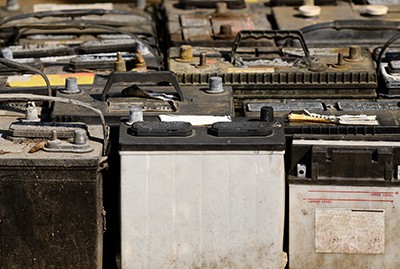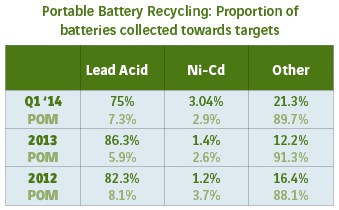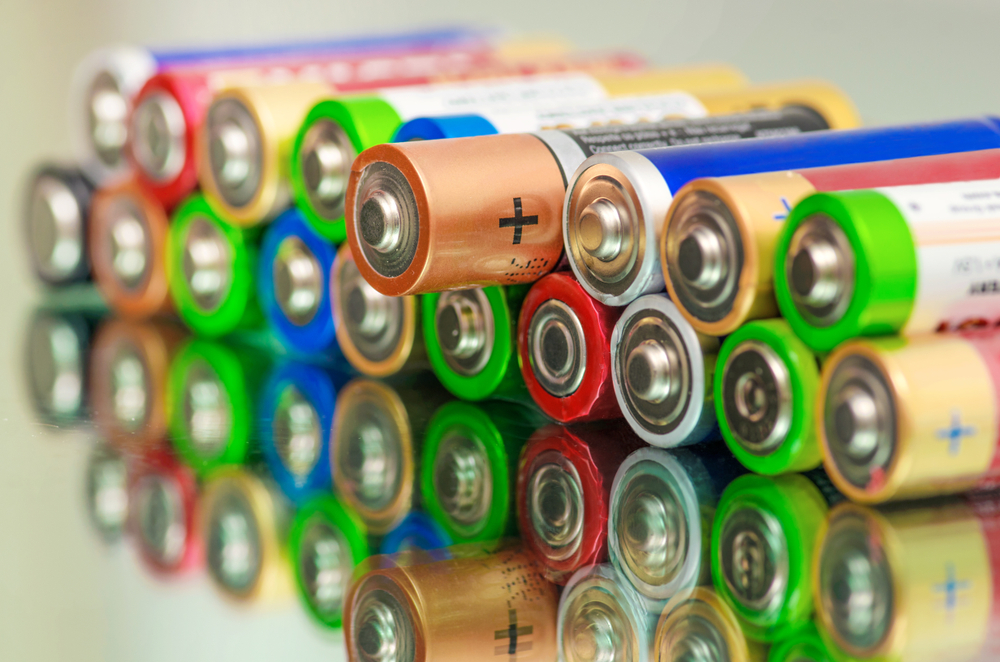The proportion of lead acid batteries that is being used to meet waste portable battery recycling targets appears to be on the decline, figures published by the Environment Agency last week indicate.
However, the UK still appears to be meeting its statutory EU battery recycling target with a disproportionate volume of lead acid batteries according to the data, which covers the first quarter of 2014.

Some industry sources have claimed that the UK was going backwards in its progress toward meeting the target, as the collection rate for lead acid batteries was far higher than the overall proportion of new batteries being placed onto the market.
With, a large proportion of the target being met through lead acid collections, many of which are not obligated to meet the recycling target the volume of nickel cadmium (Ni-Cd) and other batteries, which make up the vast majority of new batteries placed onto the market, had actually seen a decline.
The disparity stems from differences in interpretation between battery recyclers and producers over which lead acid batteries are classified as being portable or industrial at the beginning and end of life. This has lead to a greater volume of lead acid batteries being collected for recycling than producers are obligated to finance.
Collection

However, collection data published by the Environment Agency last week shows that during the first three months of 2014 a higher volume of nickel cadmium and other chemistries of battery were collected for recycling than during any quarter in the previous year.
In total, 121 tonnes of Ni-Cd batteries were collected for recycling alongside 851 tonnes of other batteries, compared to a 2013 high of 70 tonnes and 415 tonnes for each of the categories respectively.
This means that the overall proportion of the UKs battery recycling obligation that is being met through the collection of lead acid batteries has fallen from 86.34% in 2013, to 75% in the first quarter of 2014.
Proportion
While making up the vast majority of batteries that are collected for recycling lead acid batteries still only represent around 5.98% of the new batteries placed onto the market.

Recyclers are currently waiting for the government to alter the definition of portable waste batteries, in a move that would reduce the number of lead acid batteries that are obligated to be counted towards the recycling target.
A consultation on changing the legislation was carried out last year, but scrapped after an error in the consultation documents was discovered. A spokesperson for Defra told letsrecycle.com that the new consultation is likely to take place no sooner than autumn 2014.
Commenting on the latest figures, Michael Green, managing director of Midlands-based battery recycling firm G&P Batteries, said: It has got to be regarded as positive, especially for other batteries rather than Nickel Cadmium. The implications of it and the reasons for the increase are less to do with the need for those batteries and more to do with schemes managing their requirements. However they are still very much going for lead acid batteries.
While the other categories are increasing, lead acid is still going up as well. This still leaves a huge problem that needs addressing.
Related Links
I sincerely hope that the consultation goes ahead soon to give everyone the chance they need to make the changes that they need to make.
The data does show that the UK is currently on target to meet its target to recycle waste batteries equivalent to 35% of the total weight of new batteries placed onto the market over the three preceding years. But, this could change if the definition of lead acid batteries is altered, as a higher proportion of the target would need to be met through the collection of other chemistries.








Subscribe for free